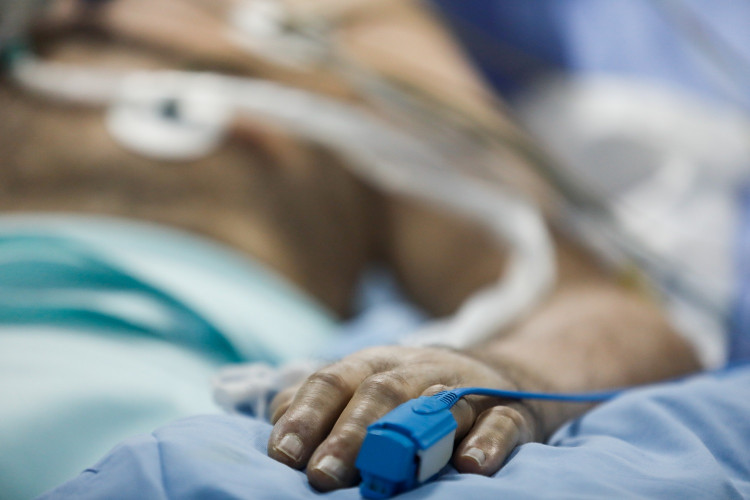Recovered patients have been sharing their COVID-19 survival stories to the world, raising hopes for those undergoing treatment, but studies reveal the dark side of recovery.
Study: Fatigue a Common Side Effect
A new preliminary study from the Korea Disease Control and Prevention Agency (KDCA) indicated that fatigue was the most common side effect reported among patients who recovered from the novel coronavirus.
Furthermore, the study noted that other side effects after recovery that over 900 recovered patients reported included loss of smell and taste and psychological or mental after-effects.
91.1 percent of the recovered participants in the study said they suffered at least one side effect even after getting treatment and recovering from COVID-19.
KDCA official Kwon Jun-wook said during a media conference about the study that while the research was conducted online for now, the researchers will soon publish a detailed analysis of the study.
The preliminary study's results raised concerns about the travail of recovered patients who continue to suffer after-effects even as they survived the disease.
Survivor Talks of 'Long Way' to Recovery
Tam McCue spoke with the BBC about his slow recovery and how he didn't expect to survive COVID-19 after he spent days at the intensive care unit (ICU).
McCue said his recovery was "a slow process," and while he is thankful for dodging death's door, he thinks a full recovery could be "a long way to go." McCue was put on a ventilator for nearly two weeks.
Among the fears that McCue, 64, continues to reflect on is whether he will contract the novel coronavirus again sometime in the future. On the other hand, he believes that staying physically active helped get him back on his feet.
Chronic Health Issues in Some Survivors
Kayla Swift was hospitalized after getting infected with COVID-19 and later became one of the thousands of recovered patients who were discharged from medical care.
However, Swift continues to experience some health issues even after her supposed recovery. "I beat coronavirus. But it's beating me back," she said. Among the chronic conditions that Swift experienced are hair loss, extreme headaches, and nerve pain. She also battled continuously with extreme fatigue and brain fog.
National Institute of Allergy and Infectious Diseases director Dr. Anthony Fauci noted that recovered patients who experience chronic health problems are referred to as "long haulers."
The U.S. Centers for Disease Control and Prevention (CDC) also echoed Swift's experiences as the agency revealed that among people who are still hospitalized due to COVID-19, one in three still battle with various health conditions.
Health experts further revealed that there have been cases wherein fully-recovered coronavirus patients who have become asymptomatic ended up with organ disorders such as heart damage.
Hope in Elderly's Recovery
Despite many stories about the side effects of COVID-19 among recovered patients, some survivors have also shared their stories of health improvement following recovery.
71-year-old Pip Collick spent 38 days at an Ashford, England hospital's intensive care unit before he recovered. He was put in an induced coma for nearly five weeks.
Collick went from the hospital to a health center for further recovery, but he had to be brought back to the hospital when his heart showed deterioration. When he finally recovered after roughly three months, Collick had to use a frame to walk.
Despite the slow and frustrating recovery process from COVID-19, Collick moved to using crutches to help him walk. He is now using sticks and he has his eyes on Christmas as his goal for finally being free from a walking aid.
The novel coronavirus has infected over 33 million people around the world and has taken more than 1 million lives. On the other hand, over 23 million have since recovered, raising hopes for patients still in medical care.





